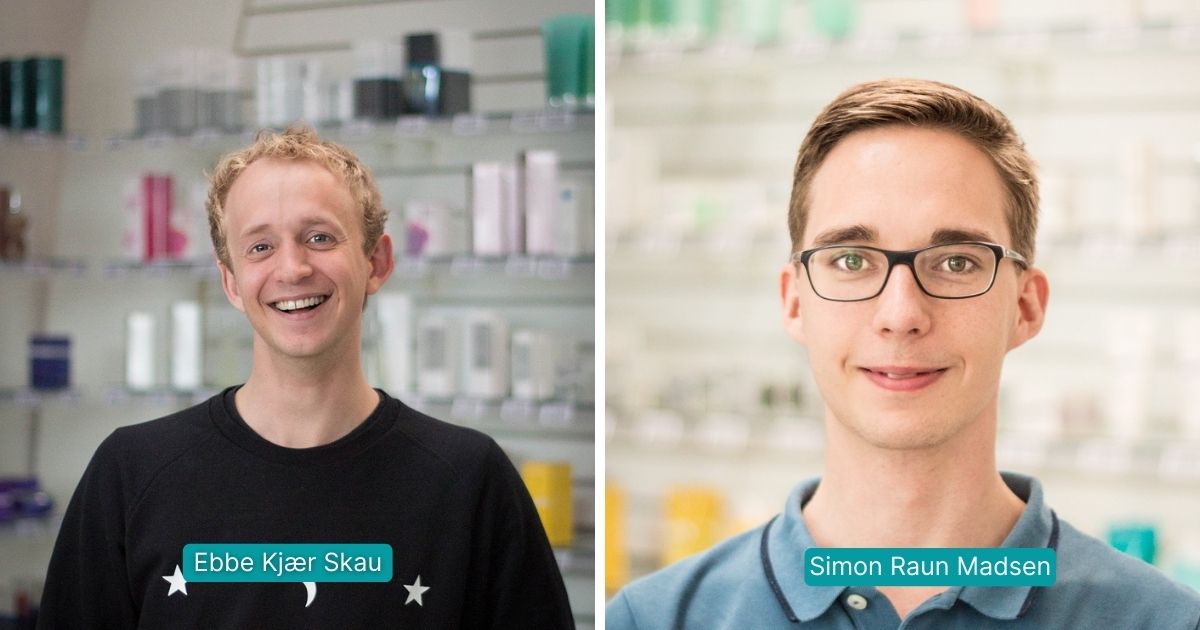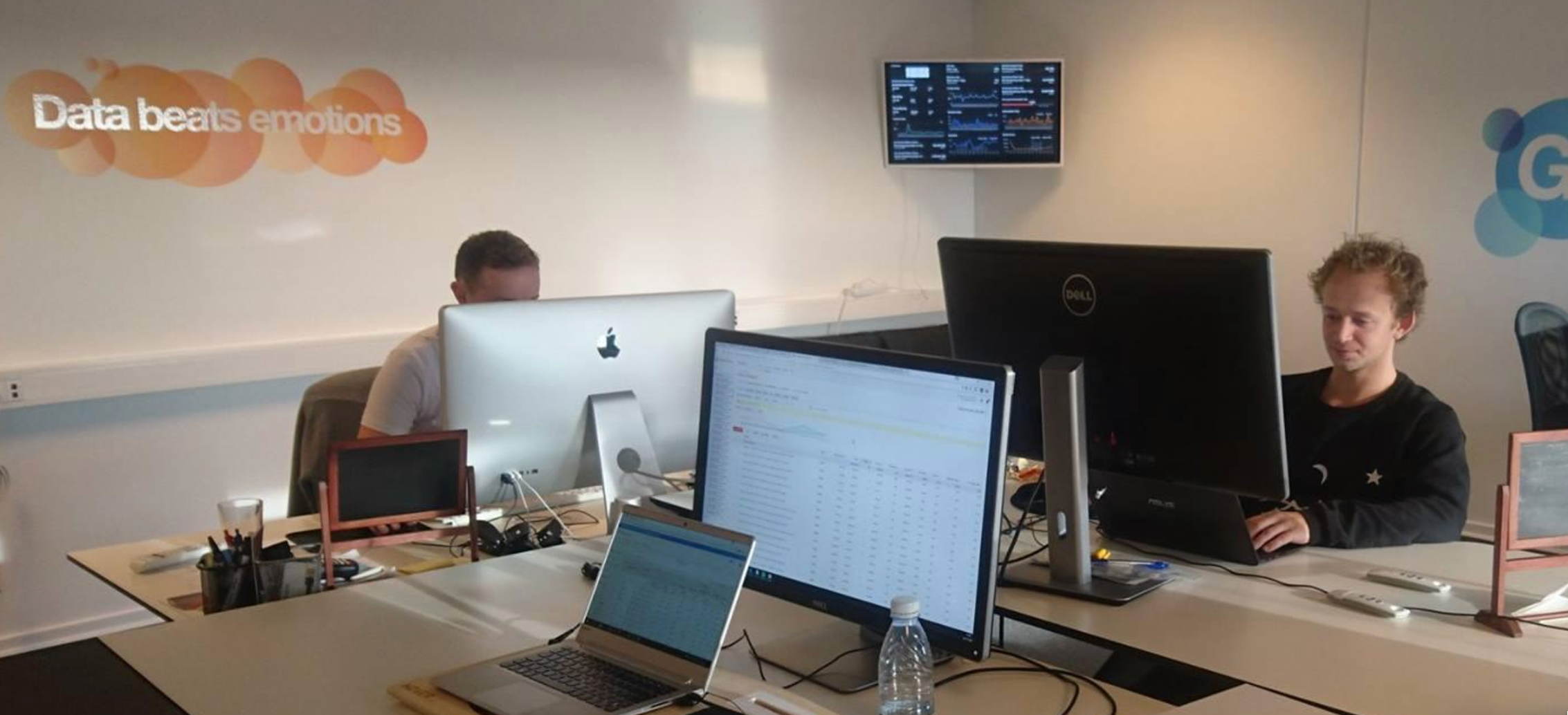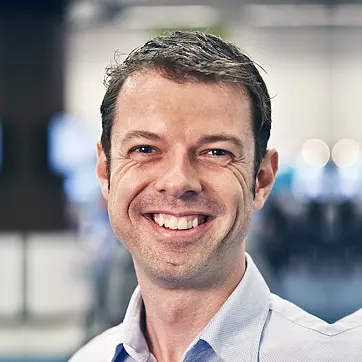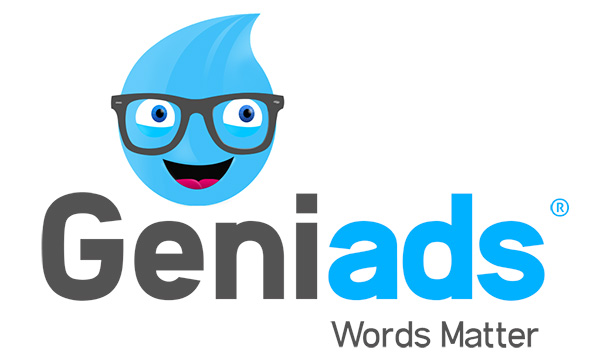I recently had the pleasure of sitting down with the team at Geniads, a Premier Google Partner and an Optmyzr customer, to talk about how they built a successful PPC agency with many happy clients.
They are a team of seven PPC geeks, headquartered in Denmark, and dedicated primarily to managing AdWords for 50 clients. I spoke with Ebbe Kjær Skau and Simon Raun Madsen who’ve both been doing PPC for three years.
What follows is an edited transcript of our conversation.
Fred: Tell me a bit about what makes Geniads special.
Geniads: We are 100% specialized in AdWords, and only touch on other PPC and marketing areas to understand AdWords in a broader context, to use its full potential. We’ve also really focused on being transparent and honest, something that is important because many advertisers have been burned by shady agencies in the past. Sometimes we take over an account from another agency, and we see that there have been no changes in the last six months!
Fred: How do you grow your agency when you’re in a relatively small market, Denmark having a population of only about 5.7 million people.
Geniads: We have employees from several countries, and like many Danish people, they are multilingual so we can write ads in Swedish, Norwegian, German, Danish, English, and French. That gives us a considerably larger market to address.

Fred: How do you scale your agency?
Geniads: We have clients from a wide variety of verticals so we can’t do cookie cutter account management. The way we scale is by being 100% focused on AdWords and by streamlining our operations by using tools like Optmyzr. We also spend a lot of time staying up-to-date on the industry so that we can advise our clients on interesting new opportunities within AdWords. When they are successful, they tell others, and that’s how we grow.
Fred: What interesting trends do you see in PPC?
Geniads: We’re very focused on ROPO (research online, purchase offline). According to Google, 80% of offline buyers research online before buying. For one client we were able to get store visit data from Google (which wasn’t obvious given the small size of the Danish market), and that helped us optimize that campaign by going beyond simple ROAS (return on ad spend). We increased the overall revenue of the company significantly by having more accurate data. For example, a general keyword like ‘sofa’ had a ROAS around 200% but when we added store data, that jumped to 2000%! So we were able to drive a lot more conversions on that keyword by investing more in it, something we wouldn’t have done if we thought the ROAS was only 200%.
Despite all these offline purchases we see with ROPO, we also see a lot of growth in online purchases driven by Google Shopping Ads which have grown every year for us. Optmyzr’s been very effective to help us build our shopping ad groups in a way that we can granularly control bids and add negative keywords at the SKU level. We do this by using the tool to automate creating ad groups for every product in the feed.
Another trend is the growing importance of demographic data and sharing it between channels like social and search. For example, we provide our clients with demographic data from AdWords which they then give to their Facebook reps to help with those campaigns. For us, the Holy Grail is to have a perfect push-pull system where social and search work together to deliver more conversions.
Fred: Is there data from outside AdWords you leverage to make AdWords perform better?
Geniads: We use sales data from Google Analytics, and Webmaster data from Google to identify new high volume keywords or high volume keywords that have too low a CTR in AdWords.
Fred: How do you save time with Optmyzr
Geniads: We used to spend five days per month on reports. Now even though we doubled our clients, we do all reports in one day. Even though reports are mostly automated, we still look at them because they provide valuable insights that can be applied to improve performance further. Time saved on reporting can then be spent doing more optimizations.
Fred: How did you find Optmyzr?
Geniads: We tested a few vendors like TenScores and Acquisio and found Optmyzr could cover more of the work we needed to do. In the two years we’ve been working with Optmyzr, the team has been great at implementing some of the new capabilities we’ve requested.
Fred: What is your favorite tool in Optmyzr?
Geniads: The difference between AW and Optmyzr is that Optmyzr lets you look back historically much better, and makes it easy to act on the insights you find. For example, in the Hour-of-week bid adjustment tool we use customizable time slots to find and implement dayparting bid adjustments. Doing the same in AdWords would consume far more time.
We also like the Shopping Campaign Builder to split our shopping campaigns, and with our big e-commerce clients, we’ve been able to create different ad groups for every SKU, so we can bid and add negative keywords on product-level.
With bidding, we like to make geo and device bid adjustments, and that is much easier in Optmyzr.
 ](https://www.optmyzr.com/blog/wp-content/uploads/2017/02/Geniads-office.png)
](https://www.optmyzr.com/blog/wp-content/uploads/2017/02/Geniads-office.png)Fred: Do you think you’ll go beyond AdWords management soon?
Geniads: We believe that we can get more people to search for our ads by doing more on Facebook. The whole push-pull effect. In that way, FB and AW can be great companions. Bing is pretty small in the Nordic countries, so Bing Ads is less important for us.
Fred: What’s your favorite trick in AdWords?
Geniads: We think there is a lot of potential around ROPO. Even without store visit data, you can still get data in AdWords about proximity. We see that the closer the user is to the business, the higher the conversion rate. It’s surprisingly easy to get this data when you have a Google My Business Account.
In Shopping Campaigns there isn’t enough focus on negative keywords and too much focus on bidding. Although automated bid management is important, your impression share is likely to decrease dramatically if you keep reducing the bids due to poor performance. Rather than just having scripts that decrease the bid for products with a high CPA or low ROAS, you should also take a look at the queries on product-level and add negative keywords. Hence, your products will still trigger impressions on highly specific and relevant queries, so you can continue to capture conversions.
Demographic data in search has allowed us to tweak the message based on the age of the user and that’s driven some impressive results for our clients. We can see which combinations of age and gender underperform and fix those. We’ve just put the age in the ad text, and that seems to appeal to users, e.g. “Are you 18 to 24 and looking for x?”.
We use countdowns in ad customizers to simplify account structure and to make sure that when the ad changes, we still keep the historical data.
Fred: Thanks so much for sharing some of your tips for managing AdWords and growing an agency! If any other Optmyzr users want to share their tips on our blog, let us know!










